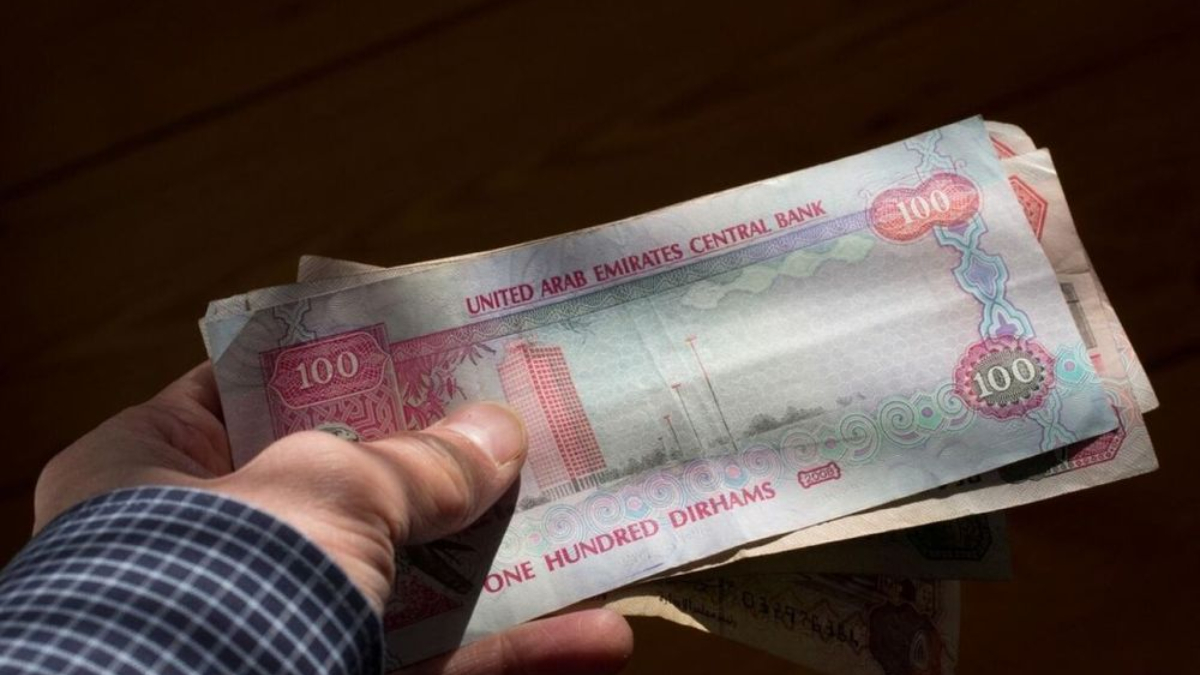Lending money can be a significant help to those in need, but it becomes a burden when the borrower fails to repay the amount on the promised time. Ashish Mehta, founder and Managing Partner of Ashish Mehta & Associates, discusses this issue in his column in Khaleej Times, providing valuable insights on the legal recourse available in the UAE.
Legal framework for lending money in the UAE
In the UAE, lending money, especially without any interest, falls under the purview of the UAE Civil Transactions Law and the UAE Civil Procedures Law. When you lend money, it is vital to ensure that the terms of the loan are clear and agreed upon by both parties. This agreement should be executed in good faith, as per Article 246 (1) of the Federal Law No. 5 of 1985 on the Civil Transactions Law of the UAE. The law states: “The contract must be performed in accordance with its contents, and in a manner consistent with the requirements of good faith.”
The principle of contract is based on the mutual agreement (assent) of the involved parties to fulfill their obligations as outlined in the contract. Article 257 of the UAE Civil Transactions Law reinforces this: “The principle in contracts is the assent of the parties and the contractual obligations they are bound to perform.”
Steps to take when a loan is not repaid
If a borrower fails to repay the loan, the lender has the right to take specific steps to recover the money. The aggrieved party should first issue a formal notice to the defaulting party. This notification is crucial and serves as a reminder to the borrower about their obligation. Following this, the lender can either demand the fulfillment of the contract or choose to cancel (rescind) the contract altogether, as stated in Article 272 (1) of the UAE Civil Transactions Law: “In bilateral contracts, if one of the parties does not perform his contractual obligations, the other party may, after serving a formal notification to the debtor, demand the performance of the contract or its rescission.”
Additionally, the lender may approach the First Instance Court in the relevant emirate in the UAE to claim their civil rights. This is in accordance with Article 24 of the Federal Decree Law No. 42 of 2022 Promulgating the Civil Procedure Code, which states: “The Courts of First Instance have the jurisdiction to hear all claims, dispute and proceedings of first instance, except for those excluded under a special provision.”
Furthermore, a claimant may file a civil case against a defendant in the emirate where the defendant resides. Article 33 of the UAE Civil Procedures Code specifies: “The court, within the territorial jurisdiction of which the defendant’s domicile is located, shall have the jurisdiction over the case, unless the law provides otherwise. If the Defendant has no domicile in the State, the court, within the territorial jurisdiction of which the defendant’s place of residence or workplace is located, shall have the jurisdiction.”
To strengthen your case, it is essential to retain all documents and evidence, including relevant electronic communications such as texts, SMS, or emails. Sending a formal legal notice to your friend, clearly stating the terms of the loan agreement and the amount owed, is a crucial step. If your friend fails to respond, you may consider seeking advice from a legal practitioner in the UAE to understand your options for enforcing the loan agreement.






